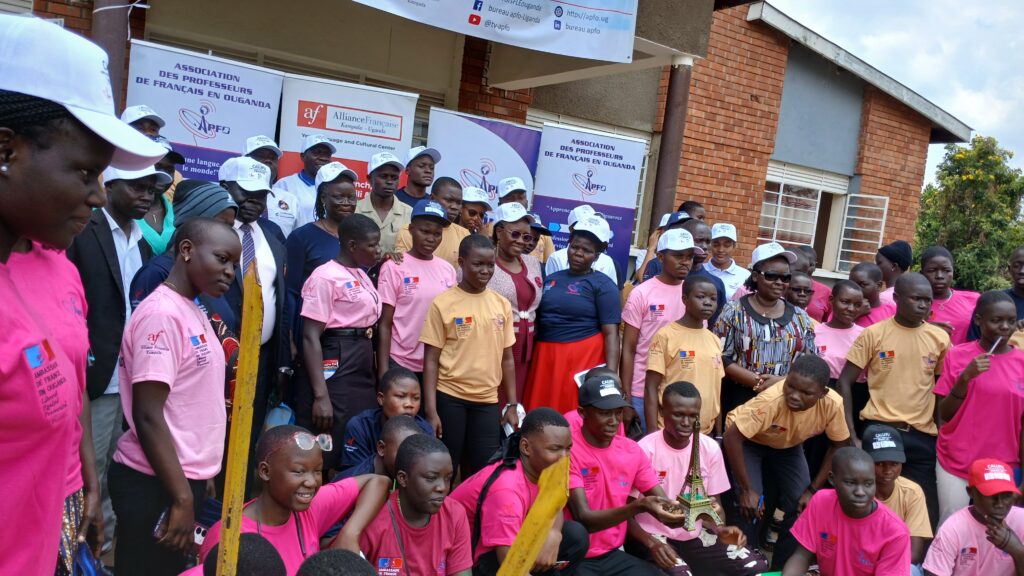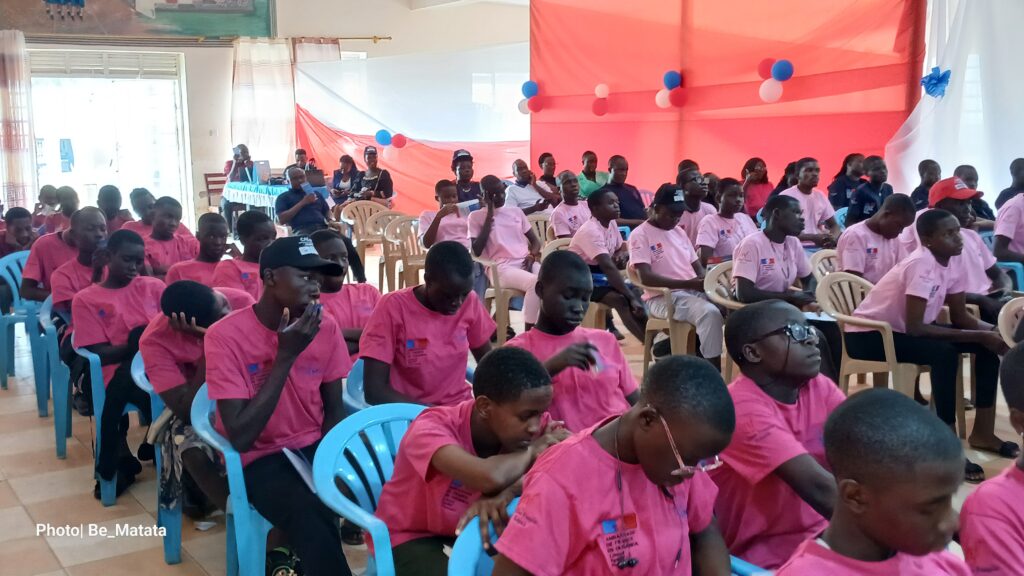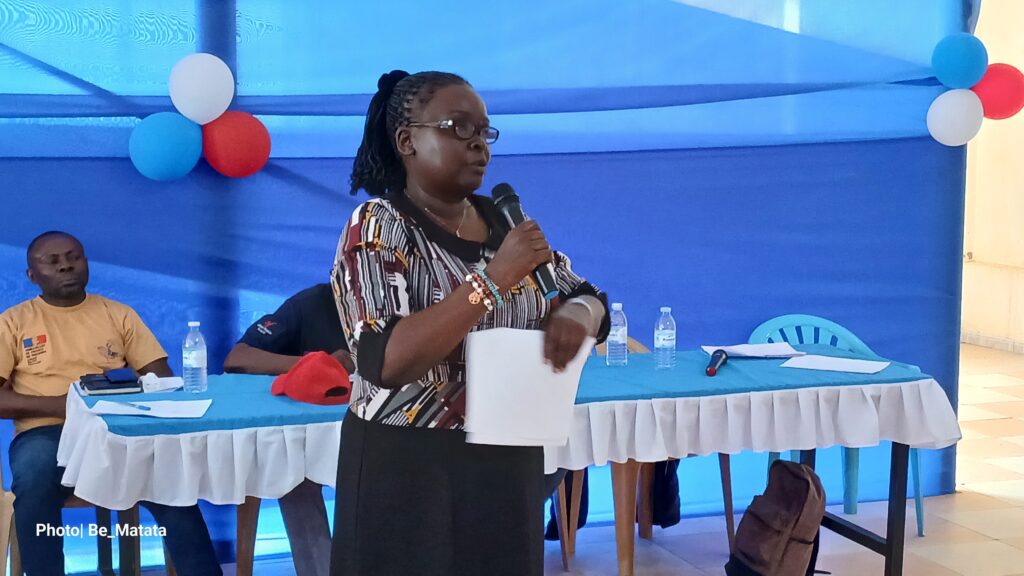West Nile Teachers Dismiss Neo-Colonialism Fears, Say French Opens Doors to Jobs & Global Opportunities

A group photo of stakeholders with French Language students in West Nile
ARUA: French language teachers in Uganda’s West Nile region have dismissed claims that teaching French in schools promotes neo-colonialism, emphasizing instead that the language opens doors to education, employment, and international relations for young people.
Speaking at the French Camp Calufu West Nile Region 2025, held on Monday at St. Mary’s Ediofe Girls Secondary School, educators highlighted French as a tool for development rather than a colonial relic.
Currently, 18 secondary schools, five primary schools, and several tertiary institutions in the West Nile sub-region offer French as an optional subject, supported by approximately 50 teachers and over 1,000 enrolled students.
Key schools in Arua City include Arua Public, Mvara Secondary School, St. Mary’s Ediofe, and Muni Girls.
The camp, themed “Enhancing Soft Skills among Young Learners of French in Uganda in the 21st Century,” aimed to inspire students to view French as a gateway to opportunities in education, business, and diplomacy.

Stakeholders noted that West Nile’s proximity to the French-speaking Democratic Republic of Congo offers a strategic advantage for cross-border communication and trade.
Prof. Milburga Atcero, Dean of the Faculty of Tourism, Hospitality, and Languages at Makerere University Business School, rejected claims that promoting French equates to neo-colonialism.
“French is an opportunity, not oppression,” she said. “The misconception that it extends neo-colonialism is inaccurate and limiting. Spoken by over 300 million people globally, French is a vital tool. It’s an official language of the UN, African Union, European Union, and East African Community. A colleague once missed a job in Finland—an English-speaking country—because the role required French alongside English.”
Mathilde Pigeon, Director of Courses at Alliance Française de Kampala, underscored French as an internationally recognized skill.
“French proficiency, certified through DELF exams like B1 or B2, is globally verifiable,” she said. “Whether in Kampala or France, a diploma proves your competence beyond basic greetings like ‘Bonjour, ça va?’ It’s essential for jobs requiring French and opens countless doors.”

Isabelle Driciru, the West Nile Regional Coordinator for French Language, echoed these sentiments, emphasizing opportunity over cultural imposition.
“French isn’t about colonizing Africa—it’s about empowering youth with employment, business, and global connections,” she said.
“For example, Congolese traders cross into West Nile daily. We often assist with translation, and we’ve even organized French classes for local businesspeople to improve communication.”
Arua City Resident Commissioner Salim Kumakech highlighted the growing role of French-speaking professionals in Uganda’s strategic sectors.
“The French have increasing investments in Uganda, especially in the oil industry,” he said. “Many Ugandans who studied oil engineering or law in France secured prime opportunities upon returning. Even service providers in these industries benefit from knowing French.”
Teachers and stakeholders urged parents, students, and policymakers to embrace French as a strategic language, enabling Ugandans to compete globally, strengthen international ties, and seize opportunities in education, business, and employment.